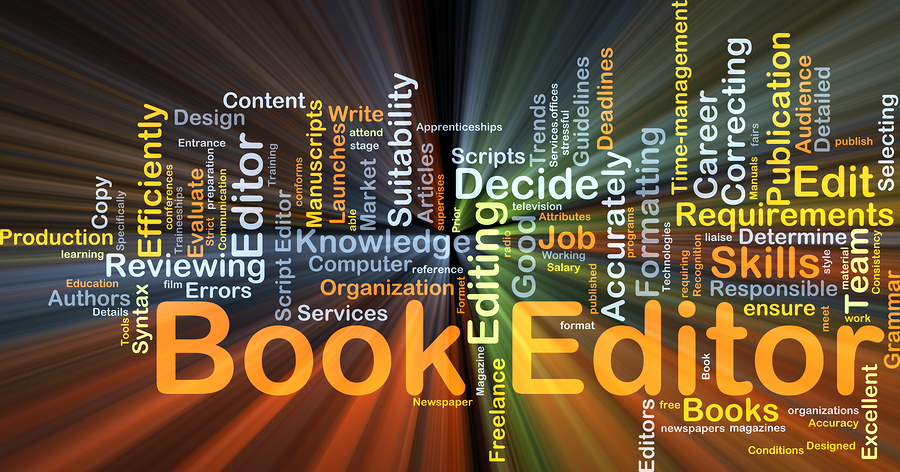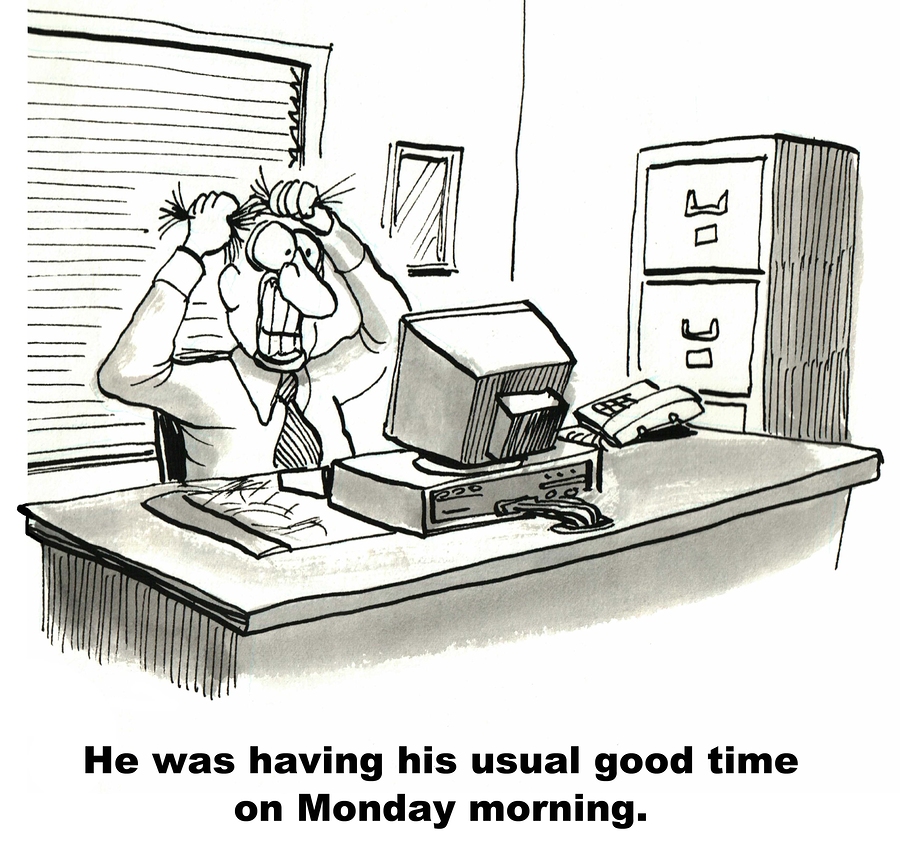Books are the slowest and least “current” form of communication. News or short-turnaround events are best covered in articles carried in media that can reach an audience quickly. Sure, a book about the Super Bowl can be slammed together with pictures in a few weeks, but it won’t win any awards for literary quality.
Indie publishing has given the impression to many authors that the seemingly endless amount of time traditional publishers take to get a book published has somehow changed from years to weeks, but for the most part, it still takes a long time for a traditional publisher to produce and publish a book.
Three factors are important to understand the lengthy process of traditional publishing and none of them have anything to do with how long it takes an author to write a book.
- Your book is not the only one a publisher publishes. The company has a certain capacity in staff and money and they can only handle a certain number of titles at any one time.
- Most channels of sales (other than Amazon) need to be informed of coming titles from 4-6 months or more in advance so they can plan their retail promotions and budgets for buying products to carry.
- When the author finishes their initial manuscript, it starts a period of work with editors. Sometimes this is easy and goes quickly, sometimes it does not. Since the publisher doesn’t know which will apply in every case, they assume the worst and schedule for it.
Another issue relating to the author writing is the publisher wants to be perfectly confident that the book you wrote is the one they agreed to publish. Once in a while, an author turns in a 250,000-word manuscript on the history of the Ming Dynasty instead of the anticipated 60,000-word manuscript of new recipes for stir-fry.
Let me illustrate how this would affect a hypothetical project. (Keep in mind that some publishers have dozens or hundreds of projects in development at any one time. Yours is not their only book)
Charles Schulz, the creator of the Peanuts comic strip died in February 2000. You want to write a book about how his work affected global culture and have it available well before the 20th anniversary of his death.
- March 2017 – You come up with the idea and start preparing a proposal with chapter outlines and samples.
- June 2017 – Your agent is pitching the book to publishers. If you don’t have an agent, add six months. (Start the entire process in September 2016)
- October 2017 – A publisher buys it
- November 2017 – You sign a contract
- December 2017 – The worst month of your life. All the family is in for the holidays and by the time they leave, you are sick of answering questions and talking about the new book deal. (Cousin Frank asks you for a loan so he can start a worm farm)
- January 2018 – You start writing the book.
- March 3, 2018 – Neighbor cuts a tree limb that severs your power line and you lose two hours of work.
- March 3-5, 2018 – writing from the corner Starbucks is too distracting and you just take off a few days until the power comes back on March 8.
- June 20-July 5, 2018 – Everyone else gets to go to the lake for the summer holiday. You are stuck at home writing.
- June 24, 2018 – Kitchen sink is clogged, plumber takes two hours to clear it.
- July 4, 2018 – Fireworks keep you awake all night and you lose two days writing.
- September 30, 2018 – you meet the required deadline as dictated by your contract. You email the finished manuscript to the publisher. Finally, relief.
- October 8, 2018 – Publisher asks if you finished the manuscript yet. Confused, you resend it and this time they get it.
- October 2018-March 2019 – Editing process with publisher. You spend months in a tug-of-war with the editor over creative vision. You are looking forward to the holidays this year, because your uncle Bob’s recollections of how people used to think he looked like Pigpen are less stressful than this editing process.
- March 2019 – Publisher begins pitching the book to retailers as a Fall 2019 release.
- March-June 2019 – Book in production. You realize you need some final permissions to use some images. The Schulz family agrees to give to those to you in 48 hours. Two weeks later, the paperwork arrives.
- June 2019 – Book files uploaded to printer in China
- Early September 2019 – ship with copies of your book is delayed at the Los Angeles freight terminal due to a labor dispute with longshoremen.
- Late September 2019 – Printed copies of book finally arrive at publisher and shipped to retailers.
- Late October 2019 – book released to international acclaim.
- January 1, 2020 – you make a New Year’s resolution to work four years ahead on your next idea about something that will happen in 2023. (Wait, oh nuts)









